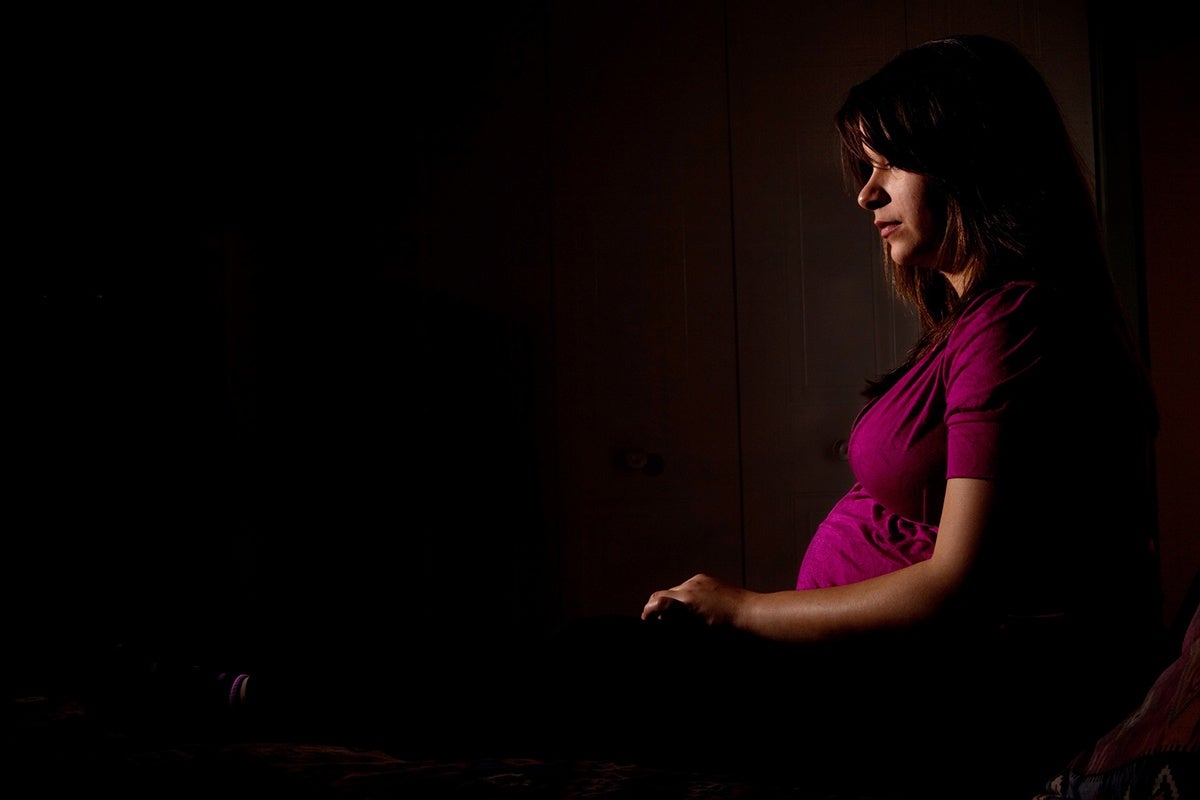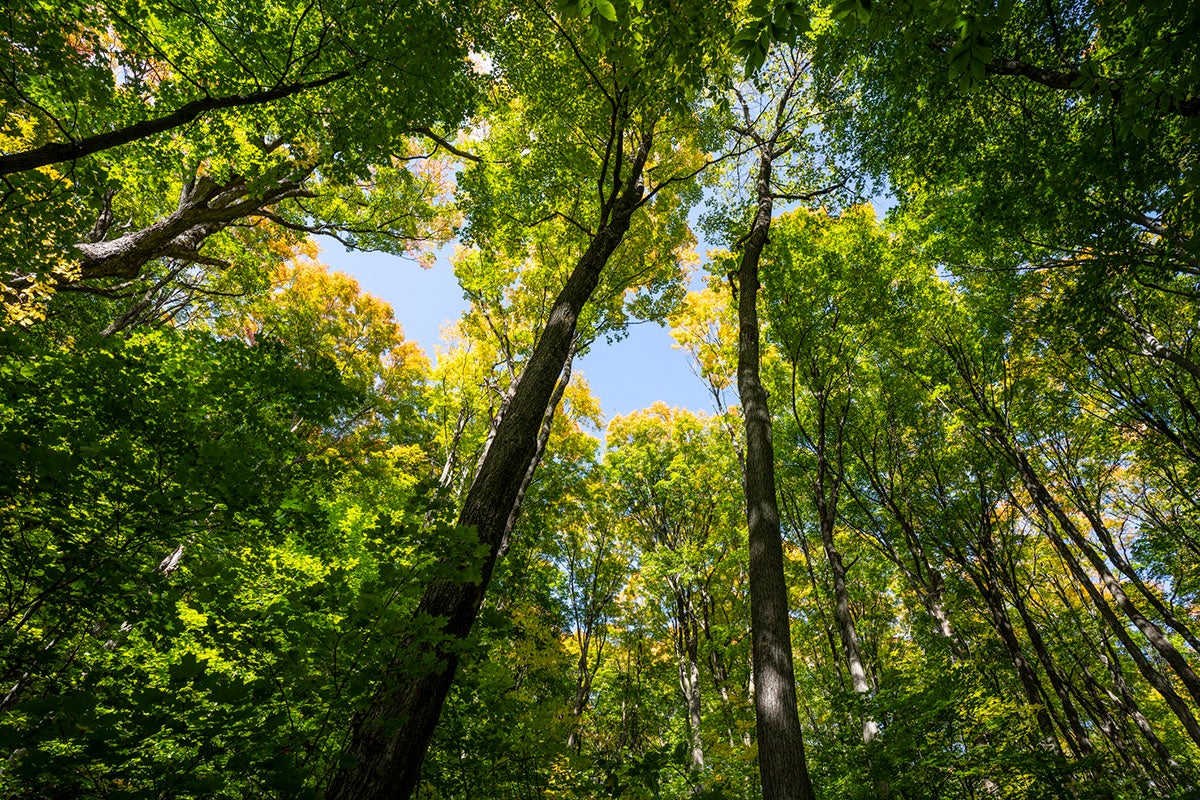Related Topics
How do the smells of nature affect well-being? A call for more research.
A group of scientists has proposed a framework for expanding research into how odors and scents from natural settings impact human health and well-being.

Bisexual, lesbian women die earlier than heterosexual women
Sexual minority women—those who identify as bisexual or lesbian—die earlier compared to heterosexual women, according to a study by researchers at Harvard Chan School and collaborating institutions.

How studying the ‘exposome’ can reveal harmful environmental exposures
In the not-too-distant future, doctors may be able to determine what sort of damaging exposures their patients have faced—everything from toxic chemicals to unhealthy foods—all from a blood test. This largely invisible collection of exposures is known as…

Sexual minority women face higher risk of stress, depression during pregnancy
During pregnancy, sexual minority women are 50% more likely to experience stress and depression, and are more likely to use antidepressants, compared to their heterosexual counterparts, according to a new study.

Noise can harm your health—even if you sleep through it
A new study led by Charlie Roscoe, research fellow in environmental health, found that nighttime and daytime noise generated by things like cars, trucks, trains, and airplanes was linked with increased risk of cardiovascular disease in a group…

U.S. men die nearly six years before women, as life expectancy gap widens
New research from Harvard Chan School and UC San Francisco shows that the life expectancy of American women is now 5.8 years longer than that of American men—a trend researchers say is driven by the COVID-19 pandemic and…

Increasing workplace flexibility associated with lower risk of cardiovascular disease
Increasing workplace flexibility may lower employees’ risk of cardiovascular disease, according to a new study led by Harvard Chan School and Penn State University.

How trees can improve climate, health, mood, and more
Trees provide a host of benefits, according to experts—they can combat extreme heat, expand access to nature, reduce people’s stress and blood pressure levels, promote physical activity, improve and foster community pride.

Wildfire survivors may face long-term cognitive and emotional challenges
Survivors of wildfires are vulnerable to cognitive deficits and post-traumatic stress symptoms, not just in the disaster’s immediate aftermath but also in the long-term, according to experts.
Latino children’s health in the U.S. worsened by anti-immigrant discrimination
Latino children who live in states with more anti-immigrant prejudice and tougher policies aimed at immigrants are more likely to experience health issues, according to a study co-authored by researchers at Harvard Chan School.
